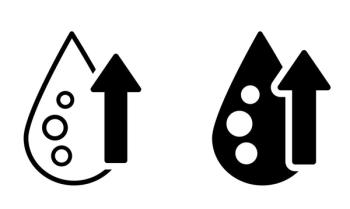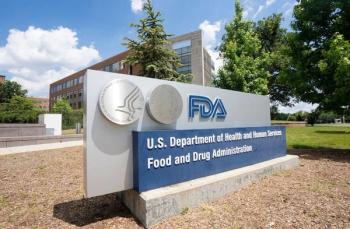
Cardiovascular Disease Risks Linked to Nutrient in Red Meat
A new link between heart disease and red meat offers an understanding of the cardiovascular health benefits of a vegetarian diet.
A new link between heart disease and red meat offers an understanding of the cardiovascular health benefits of a vegetarian diet.
“There is an increased risk associated with red meat consumption and cardiovascular disease that appears to go beyond the cholesterol and saturated fat content of the meat. Carnitine in the red meat, which is an abundant nutrient, can be converted by gut bacteria to a proatherogenic compound, trimethylamine-N-oxide,” senior author Stanley Hazen, MD, PhD, Vice Chair of Translational Research for the Lerner Research Institute and section head of Preventive Cardiology & Rehabilitation in the Miller Family Heart and Vascular Institute at Cleveland Clinic, told ConsultantLive.
Dr Hazen led a study to test the carnitine and TMAO levels of omnivores, vegans, and vegetarians and examined the clinical data of 2595 patients undergoing elective cardiac evaluations.
The researchers found that increased carnitine levels in patients predict increased risk of cardiovascular disease and major cardiac events, including myocardial infarction, stroke, and death. However, these consequences were found only among patients who had high TMAO levels.
In addition, they found specific gut microbe types in patients associated with both plasma TMAO levels and dietary patterns. What’s more, baseline TMAO levels were significantly lower among vegans and vegetarians than omnivores. Even after consuming a large amount of carnitine, vegans and vegetarians did not produce significant levels of TMAO, but omnivores consuming the same amount of carnitine did.
“A diet high in carnitine actually shifts our gut microbe composition to those that like carnitine, making meat-eaters even more susceptible to forming TMAO and its artery-clogging effects,” Dr Hazen said. “Meanwhile, vegans and vegetarians have a significantly reduced capacity to synthesize TMAO from carnitine, which may explain the cardiovascular health benefits of these diets.”
A test for TMAO that will become commercially available this year could give physicians a new tool for gauging heart disease risk. Dr Hazen said he envisions using TMAO blood levels in 2 ways to predict the risks of myocardial infarction.
“First, a blood test could predict incident risks independent of other risk factors. Elevated blood levels help identify individuals at increased risk that otherwise would be missed by traditional risk markers. These are the ones to target with the most aggressive preventive risk reduction efforts,” he said.
“Second, I think TMAO levels will help individualize or tailor dietary recommendations to the patient, much in the same way nutritionists use triglycerides, cholesterol, or blood glucose levels now to make dietary recommendations to patients. In a setting of high TMAO, lower meat, fat, and cholesterol in the diet and more of a vegetarian/vegan sort of diet may provide health benefits by helping to lower TMAO.”
So what should primary care physicians tell their patients who have heart disease risk factors?
“Cut down on red meat consumption,” Dr Hazen said. “Avoid carnitine supplements or energy drinks with carnitine supplements. Follow a commonsense, prudent heart-healthy diet that is low in cholesterol and saturated fats.”
The researchers published their
Media Links
New York Times,
Time,
Science News,
Nature,
Minnesota Post,
Newsletter
Enhance your clinical practice with the Patient Care newsletter, offering the latest evidence-based guidelines, diagnostic insights, and treatment strategies for primary care physicians.

































































































































